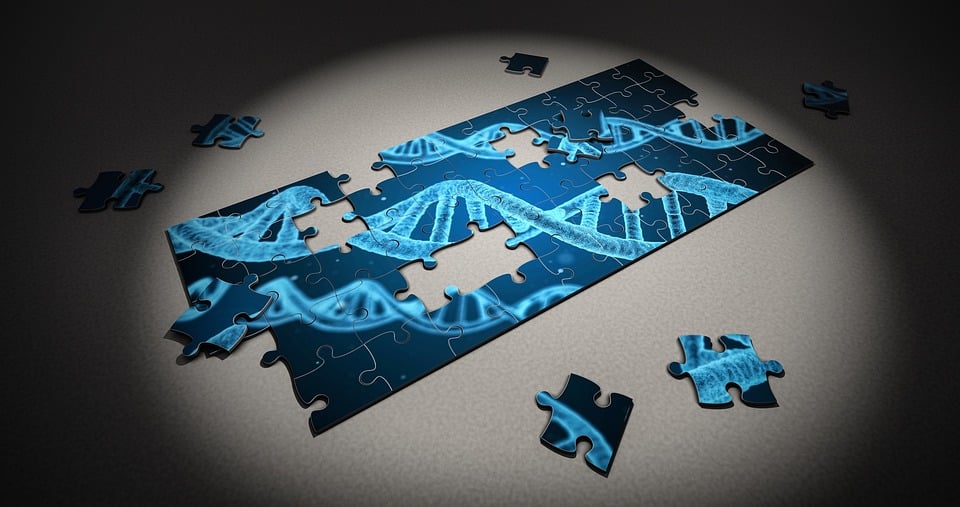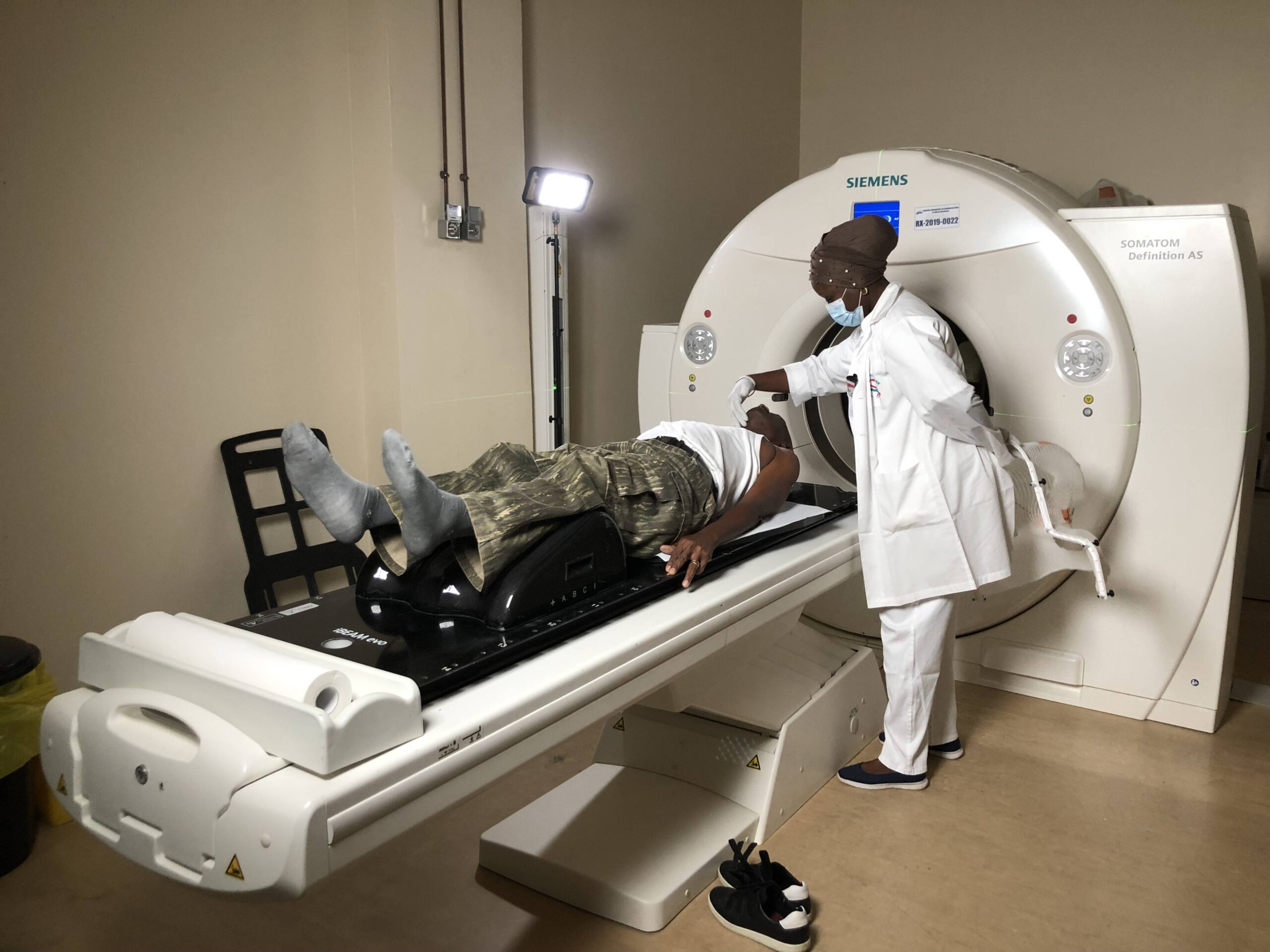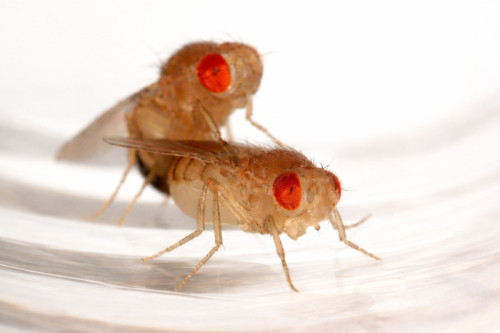
ITHACA, N.Y. — In a groundbreaking study, researchers at Cornell University have identified the genetic mechanisms that lead to differing growth rates in male and female bovine embryos, as early as seven to eight days post-fertilization. This discovery not only advances basic science but also holds significant implications for human health, particularly in drug development and in vitro fertilization (IVF), as well as for bovine health and the sustainability of the dairy industry.
Since the 1990s, scientists have observed that male embryos across various mammalian species, including humans, tend to grow faster than female embryos. However, the reasons behind this phenomenon remained elusive until now. The new findings, published on August 27 in the journal Cell & Bioscience, reveal that male embryos prioritize genes related to energy metabolism, leading to their accelerated growth. In contrast, female embryos focus on genes associated with sex differentiation, gonad development, and inflammatory pathways, crucial for their future development.
Implications for Human Health and IVF
Understanding these fundamental sex differences at the genomic and molecular levels is crucial for enhancing IVF success rates in both humans and cattle, as well as developing treatments that are effective for both sexes. Jingyue “Ellie” Duan, assistant professor of functional genomics at Cornell’s College of Agriculture and Life Sciences and co-author of the study, emphasized the importance of this research.
“Sex difference has been a factor ignored in a lot of studies and clinical trials. Until very recently, most mouse studies have used exclusively male mice. And most drug discovery is done with male mice,” Duan said. “And yet, we see that onset and occurrence of many diseases are different in men and women: Alzheimer’s, autoimmune diseases, heart disease.”
At this early stage of development, hormones such as estrogen and testosterone, which influence size differences in adults, have not yet played a role. Advances in genome sequencing technology have allowed researchers to explore these differences at a genome-wide level, offering new insights into intrinsic genetic factors like sex chromosomes and sex-linked genes.
Broader Implications for the Dairy Industry
The study also has significant implications for the dairy industry, which relies heavily on cattle reproduction through IVF to ensure a steady milk supply. By understanding and optimizing bovine reproduction, the industry can enhance its sustainability and efficiency. Bovines serve as an effective animal model for human-health studies, further underscoring the importance of this research.
Duan’s lab collaborated with Soon Hon Cheong, Ph.D. ’12, an associate professor of clinical sciences at the College of Veterinary Medicine, to conduct this research. The collaboration between Duan’s genomics-focused lab and Cheong’s group, which specializes in reproductive medicine and assisted reproductive techniques, was instrumental in achieving these results.
Future Research and Support
Future research, already underway in both labs, aims to expand on these findings by examining sex differences in embryos from fertilization through day eight post-fertilization. This ongoing work is supported by the National Science Foundation and the Cornell Center for Vertebrate Genomics.
The discovery of these genetic differences marks a significant step forward in our understanding of embryonic development and its implications for both human and animal health. As research continues, it promises to unlock new avenues for improving reproductive technologies and developing more effective, sex-specific treatments for a range of diseases.







